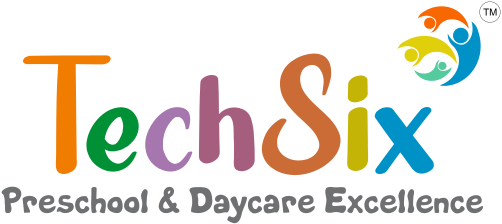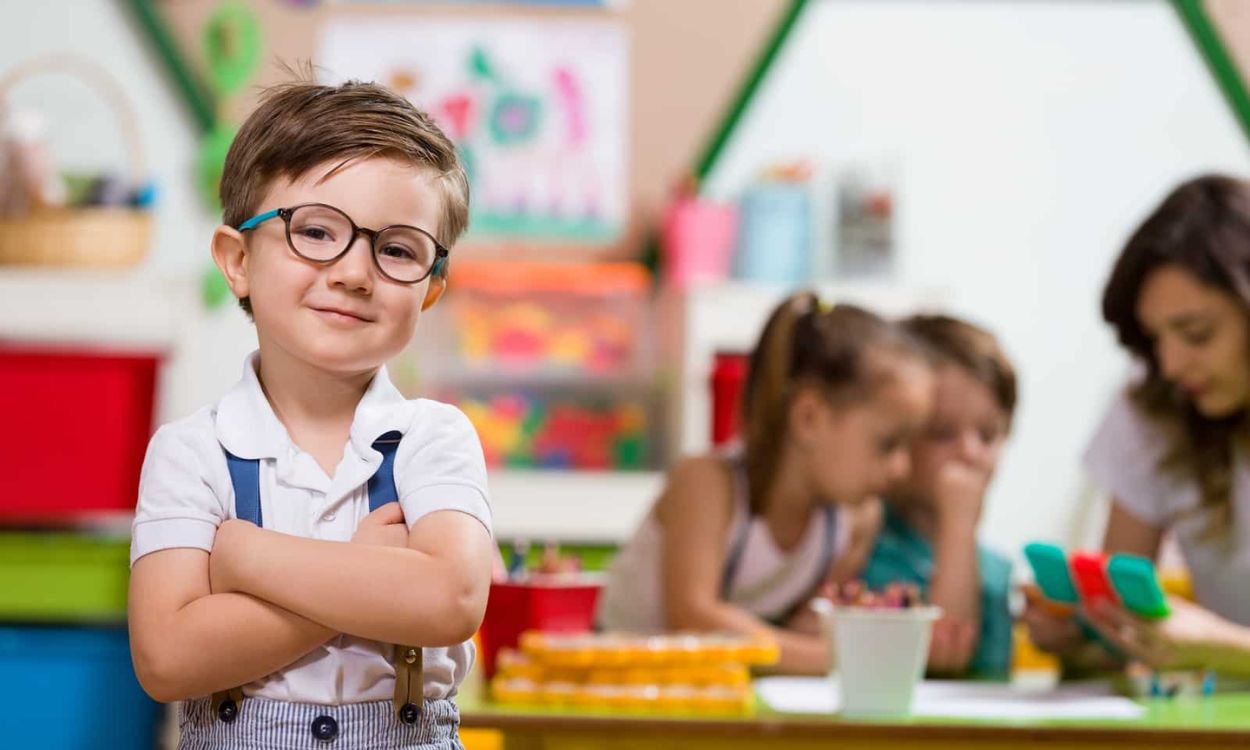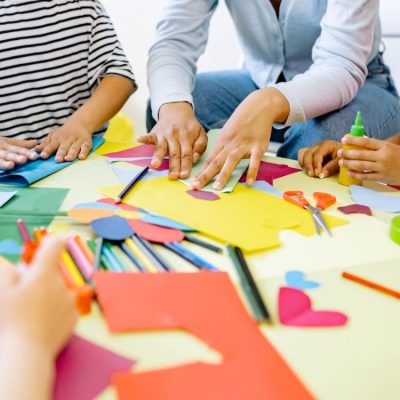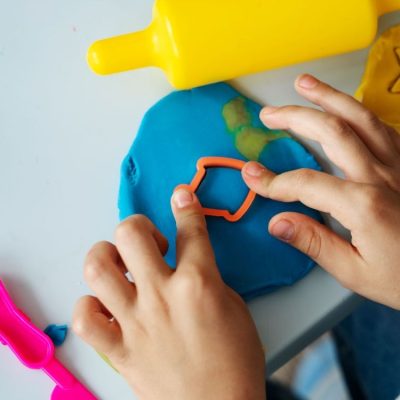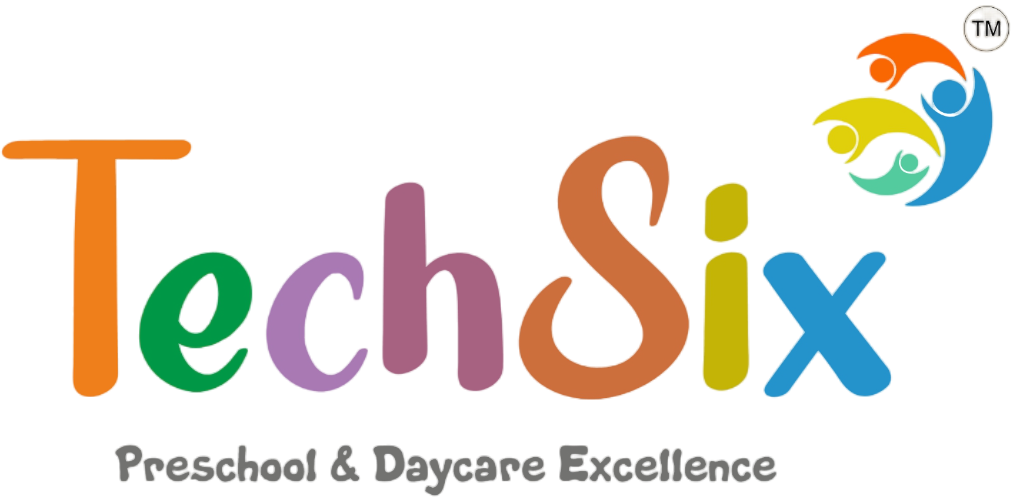Enrolling your child in preschool is an important step that lays the groundwork for future academic success, social growth, and independence. While kindergarten is often seen as the start of formal education, preschool plays a vital role in preparing children for this transition. From learning basic skills to developing confidence, here’s a look at how preschool helps prepare your child for kindergarten.
1. Encourages Early Social Skills
One of the most significant benefits of preschool is socialization. In preschool, children interact with peers, teachers, and other adults in a safe environment. These interactions teach them to share, communicate, listen, and empathize, helping them develop social skills that are essential for group learning in kindergarten.
2. Promotes Independence and Self-Care
Preschool encourages children to perform simple self-care tasks independently, such as washing hands, packing their belongings, and even serving themselves snacks. Learning these routines builds confidence, independence, and a sense of responsibility—all of which are crucial for kindergarten readiness.
3. Develops Fine and Gross Motor Skills
Preschool activities are designed to promote both fine and gross motor skills. Whether it’s using scissors, stacking blocks, painting, or playing on the playground, these tasks help children develop coordination, strength, and control, which are essential for writing, cutting, and other skills needed in kindergarten.
4. Introduces Basic Academic Concepts
Preschool introduces foundational academic skills in a fun and engaging way. Children are exposed to numbers, letters, shapes, and colours, setting the stage for literacy and math skills. Simple activities like counting objects or singing the alphabet help build a love for learning and ease them into the structure of academic instruction.
5. Builds Attention Span and Focus
Activities in preschool are designed to gradually build children’s ability to focus and follow instructions. Through storytime, art projects, and group tasks, children learn to concentrate for extended periods, follow directions, and complete tasks, all of which are critical skills they will need in kindergarten.
6. Encourages Creativity and Curiosity
Preschool fosters a child’s natural curiosity and creativity. Children are encouraged to ask questions, explore their surroundings, and engage in imaginative play. This open-ended approach to learning not only nurtures a sense of wonder but also helps children develop problem-solving skills, critical thinking, and a positive attitude toward new experiences.
7. Teaches Conflict Resolution and Emotional Awareness
In preschool, children learn to express their feelings, manage emotions, and resolve conflicts with peers. Teachers guide them in identifying emotions and using words to express themselves rather than physical actions. These skills are essential for emotional maturity, helping them handle the social dynamics they will encounter in kindergarten.
8. Establishes a Routine and Structured Learning
Preschool helps children get used to a routine and structured learning environment. From circle time to snack breaks, the schedule of a preschool day gives children a sense of predictability and security. This familiarity with routines prepares them for the more structured setting of kindergarten, where following a schedule is essential.
9. Boosts Confidence and Self-Esteem
As children accomplish tasks, participate in group activities, and make new friends, they gain confidence in their abilities. Preschool allows children to take small risks in a supportive environment, which builds their self-esteem and prepares them to approach kindergarten with enthusiasm and assurance.
10. Prepares Parents for the Kindergarten Transition
Preschool isn’t just beneficial for children; it also prepares parents for the school journey ahead. Through regular communication with teachers, parents get insights into their child’s strengths and areas for improvement. They also become accustomed to the structure and demands of the school environment, allowing for a smoother transition into kindergarten.
Why Preschool is Key to Kindergarten Success?
Kindergarten readiness isn’t solely about academics—it’s about developing the whole child. Preschool prepares children for kindergarten by nurturing social, emotional, and cognitive skills in a balanced, supportive environment. These early experiences help children enter kindergarten with the skills, confidence, and curiosity needed to thrive.
TechSix – Preschool & Daycare Excellence
TechSix stands out as the best preschool in Gurgaon, offering a nurturing and engaging environment where children thrive in their early years. With a Montessori-based approach, TechSix focuses on hands-on learning that encourages creativity, independence, and social skills. Our experienced educators are dedicated to fostering each child’s unique growth through structured activities and free play. If you’re looking for a preschool in Gurgaon that prioritizes holistic development and joyful learning, TechSix is the ideal choice for your child’s first educational journey.
Final Thoughts
Preschool offers a gentle, effective introduction to the world of structured learning. By supporting a child’s early development in social, academic, and emotional skills, preschool lays a strong foundation for future academic success. As you consider options for your child’s early education, remember that a good preschool experience can make all the difference in preparing them for the exciting world of kindergarten and beyond.
Related:- 8 Benefits of Montessori-Based Preschool Education
